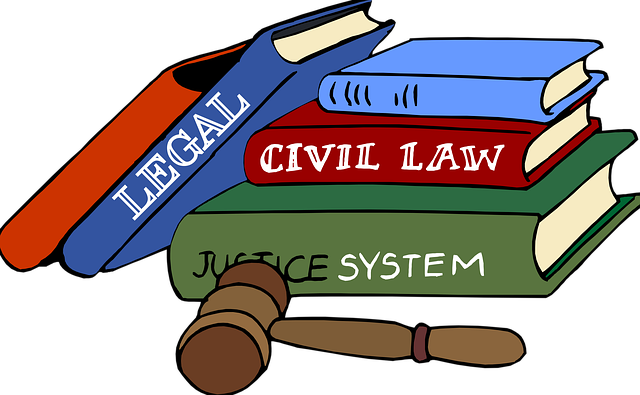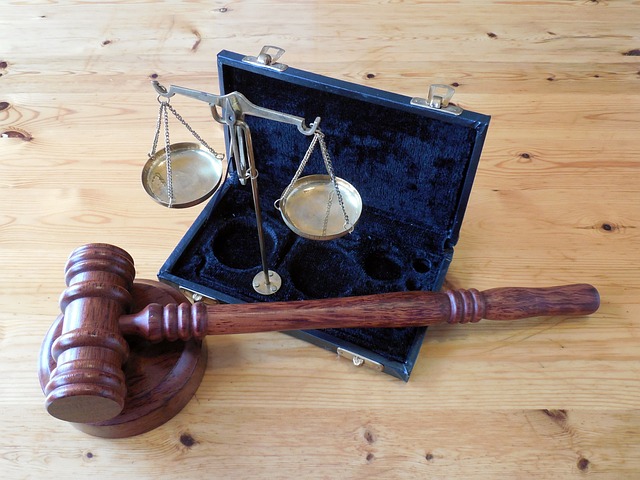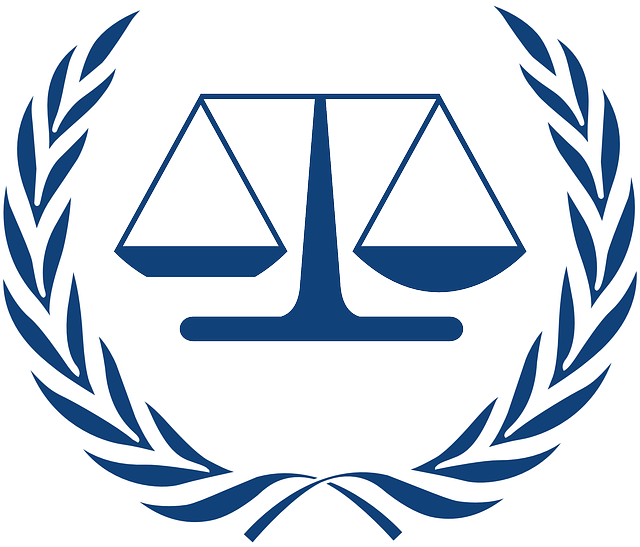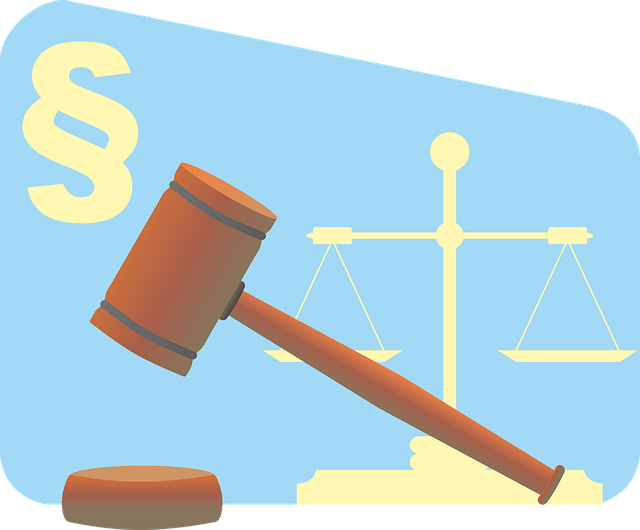Understanding Legal Grounds for Criminal Appeal is crucial for challenging criminal convictions. Common issues include improper jury instructions, procedural errors, and wrongful evidentiary handling, particularly in complex cases like white-collar crimes. Defendants have the right to appeal based on these grounds, which can lead to life-altering outcomes. Effective appeals require a thorough review of original proceedings, exposing inconsistencies to convince higher courts. Key factors include evidence handling, statutory interpretation, and procedural adherence, all vital for fair trials and maintaining public trust in the justice system.
Explore the intricate world of litigation types, focusing on criminal appeals. This comprehensive guide delves into the strategic motivations behind these appeals, dissecting common legal grounds that drive them. From understanding the mechanics of evidence presentation to navigating procedural errors, we uncover the nuances shaping outcomes. Key emphasis lies in legal grounds for criminal appeal, examining arguments that propel cases forward. By the end, readers will grasp the profound impact of statutory interpretation on various litigation types, empowering informed navigation within this complex legal landscape.
- Understanding Criminal Appeals: When and Why They Are Brought
- Legal Grounds for Appeal: An Overview of Common Arguments
- The Role of Evidence in Criminal Appeals: What Can Be Challenged?
- Procedural Errors: Navigating the Lawful Reasons for Reversal
- Statutory Interpretation and its Impact on Criminal Litigation Types
Understanding Criminal Appeals: When and Why They Are Brought

Understanding Criminal Appeals involves grasping the legal grounds on which individuals or their representatives challenge a criminal conviction. These appeals are typically initiated when there’s belief that the trial process was compromised, leading to an unfair outcome. The most common legal grounds for criminal appeal include issues with evidence handling, jury instructions, and procedural errors during the trial.
Criminal Appeals are often brought in cases involving white collar and economic crimes, where complex legal arguments may have been overlooked or misinterpreted. For his clients facing such charges, achieving extraordinary results through a well-articulated appeal can be life-altering. This process demands meticulous review of the original case, pinpointing mistakes, and presenting them to a higher court for reconsideration of the conviction.
Legal Grounds for Appeal: An Overview of Common Arguments

In any legal case, especially in criminal litigation, understanding legal grounds for appeal is crucial for both plaintiffs and defendants seeking to challenge a verdict or sentence. These grounds form the basis on which an appeal can be made, potentially leading to a reversal of the lower court’s decision. Common arguments often center around procedural errors, misapplication of laws, or insufficient evidence to support the judgment. For instance, a defendant may argue that his general criminal defense strategies were not properly considered, leading to an unfair trial.
When it comes to legal grounds for criminal appeal, defendants and their challenging winning challenging defense verdicts often assert issues such as wrongful admission or exclusion of evidence, improper jury instructions, or conflicts of interest in legal representation. These arguments are meticulously crafted to highlight inconsistencies in the original proceedings, aiming to convince appellate courts that substantial injustices occurred. As such, a thorough understanding of these grounds can significantly impact the outcome of an appeal, potentially leading to more favorable verdicts for clients.
The Role of Evidence in Criminal Appeals: What Can Be Challenged?

In criminal appeals, evidence plays a pivotal role, as it forms the backbone of arguments presented to challenge or uphold a conviction. When considering legal grounds for criminal appeal, several aspects of evidence can be scrutinized and challenged. Defendants have the right to appeal if they believe errors in evidentiary handling have affected the outcome of their trial. This includes allegations of inadmissible evidence, improper admission or exclusion of crucial testimony, or even the failure to preserve potential exculpatory material. For instance, challenges may arise from procedural mistakes during collection, storage, or presentation of evidence, which can compromise its integrity and reliability.
Understanding what can be challenged is essential for both general criminal defense strategies and when representing corporate and individual clients alike. Philanthropic and political communities also have a stake in fair trials, ensuring that justice is not only served but also perceived as such by the broader public. Therefore, a keen eye on evidentiary matters is crucial to navigating successful criminal appeals, upholding legal standards, and maintaining trust in the justice system.
Procedural Errors: Navigating the Lawful Reasons for Reversal

In any legal proceeding, it’s crucial to understand that procedural errors can significantly impact the outcome. These errors refer to deviations from established legal procedures and rules, which, if deemed substantial enough, can serve as strong legal grounds for criminal appeal. Court decisions are not infallible; they are subject to review when there’s a reasonable belief that fundamental rights have been violated or justice hasn’t been served. When navigating these scenarios, it becomes imperative for both parties to present compelling arguments, ensuring every procedural step was followed accurately and justly.
A successful winning challenging defense verdicts often hinges on identifying and leveraging these procedural lapses. The bar for reversal is high, requiring a clear showing that the errors were prejudicial and influenced the outcome. An unprecedented track record of such reversals can shape public perception and legal strategies, underscoring the importance of meticulous adherence to legal protocols in respective businesses. This intricate process demands a keen eye for detail and a deep understanding of the law from both plaintiffs and defendants alike.
Statutory Interpretation and its Impact on Criminal Litigation Types
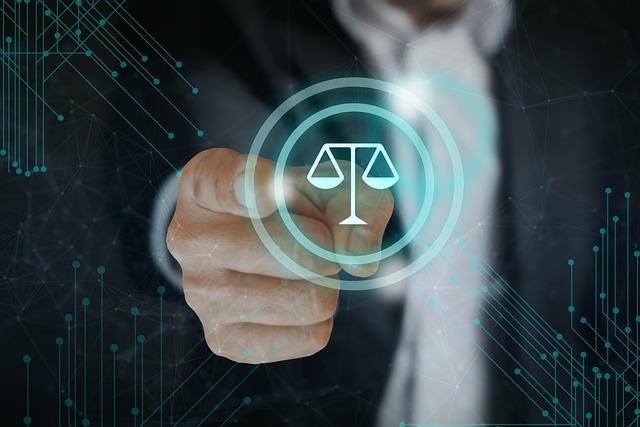
Statutory interpretation plays a pivotal role in shaping criminal litigation types across various jurisdictions. The construction and application of laws impact how criminal cases are prosecuted, defended, and ultimately resolved. Judges and legal professionals interpret statutes to determine their meaning, scope, and intent, which can have significant implications for individuals facing criminal charges.
This process is crucial as it ensures that the respective business, philanthropic, and political communities are served by a fair and just legal system. By examining the text, context, and purpose of laws, courts can identify potential ambiguities or contradictions, leading to more equitable outcomes during all stages of the investigative and enforcement process. Moreover, understanding statutory interpretation is essential for navigating Legal Grounds for Criminal Appeal, as it provides insights into how appellate courts may view and interpret evidence and legal arguments presented by both prosecution and defense.
Understanding the various litigation types, such as criminal appeals, involves grasping both the procedural and substantive aspects of the law. By exploring legal grounds for criminal appeal, recognizing the role of evidence, and navigating procedural errors, individuals can better comprehend the complex nature of these cases. This knowledge is essential in ensuring fairness and accuracy within the criminal justice system, where Statutory Interpretation plays a pivotal role in shaping outcomes. Familiarizing oneself with these concepts empowers citizens to engage critically with legal processes, fostering a more informed and just society.
